

Regurgitation refers to the process in which the dog's stomach contents (i.e., food) move backwards up the esophageal track and into the mouth. This medical condition can be congenital (inherited) or acquired from a variety of causes. Fortunately, modifications to the animal's diet, in conjunction with medication, will correct the condition.
Regurgitation can occur in both dogs and cats. If you would like to learn how this medical disorder affects cats, please visit this page in the PetMD health library.
Common symptoms associated with regurgitation include:
Regurgitation can occur in any breed, although there are several that are pre-disposed to the condition, including the Wire Fox Terrier, Miniature Schnauzer, Great Dane, German Shepherd, Irish Setter, Labrador Retriever, Newfoundland, and Chinese Shar-Pei.
Medical problems which can cause regurgitation include:
First, your veterinarian will determine whether vomiting alone caused the symptoms associated with regurgitation. If the condition has been prolonged, an examination of the throat area will be performed to determine the extent of long-term damage. X-rays or other forms diagnostic imaging may also be used to examine internally for damage.
Experimentation with the dog's diet will likely be undertaken to see if the condition subsides with modifications. In most cases, the regurgitation will require ongoing therapy.
Ongoing administration of any necessary medications, as well as diet management, will be important for managing this condition.
There are a variety of medications that can help prevent regurgitation, as well as antibiotics that can help with any symptoms or signs of pneumonia, which is also commonly present in cases of regurgitation.
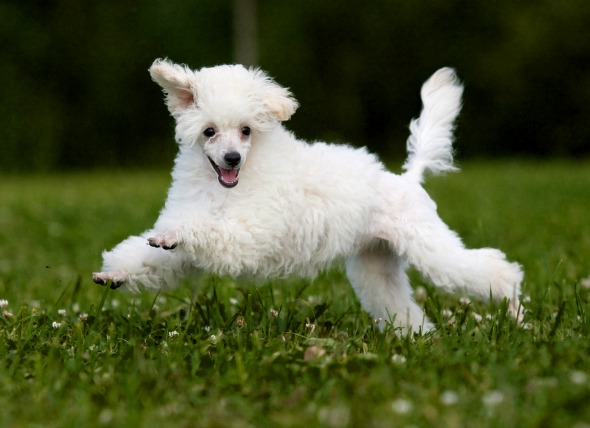 Joint Dislocation in Dogs
Joint Luxations in Dogs
Bone acts as the architec
Joint Dislocation in Dogs
Joint Luxations in Dogs
Bone acts as the architec
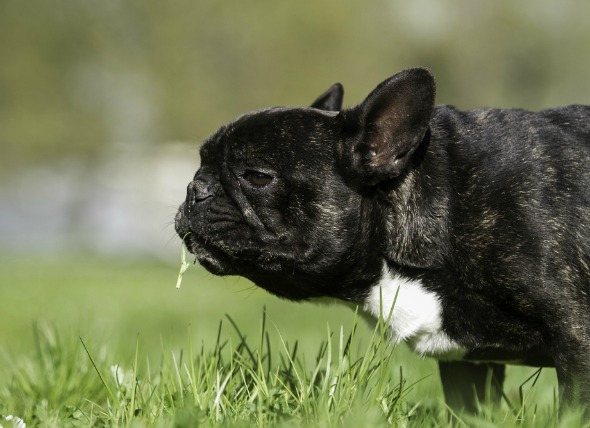 Ingestion of Feces and Foreign Objects in Dogs
Coprophagia and Pica in Dogs
Pica is a med
Ingestion of Feces and Foreign Objects in Dogs
Coprophagia and Pica in Dogs
Pica is a med
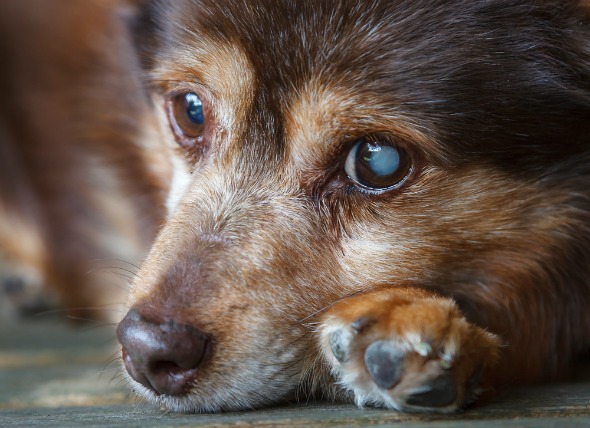 Cataracts in Dogs
Cloudiness of the Eye Lens in Dogs
Cataract refer
Cataracts in Dogs
Cloudiness of the Eye Lens in Dogs
Cataract refer
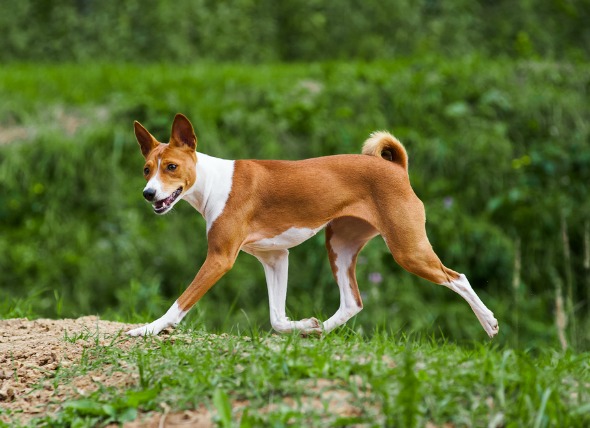 Long-Term Stomach Inflammation in Dogs
Chronic Gastritis in Dogs
Chronic gastritis is th
Long-Term Stomach Inflammation in Dogs
Chronic Gastritis in Dogs
Chronic gastritis is th
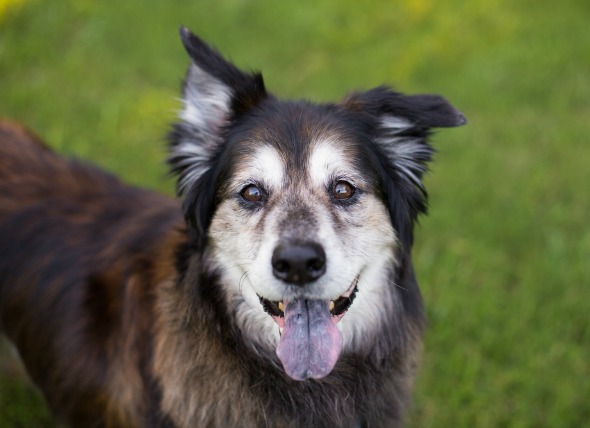 Intestinal Tumor (Leiomyoma) in Dogs
Leiomyoma of the Stomach, Small, and Large Intestine in
Intestinal Tumor (Leiomyoma) in Dogs
Leiomyoma of the Stomach, Small, and Large Intestine in
Copyright © 2005-2016 Pet Information All Rights Reserved
Contact us: www162date@outlook.com